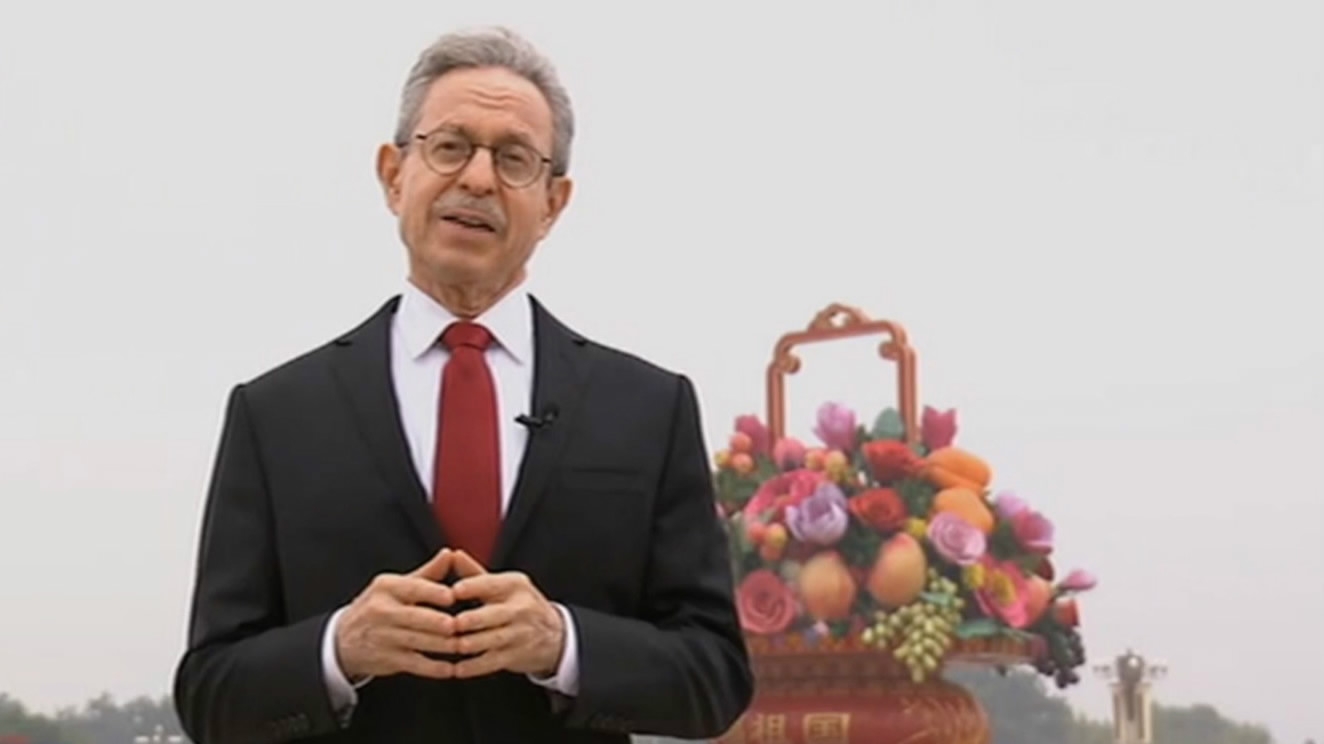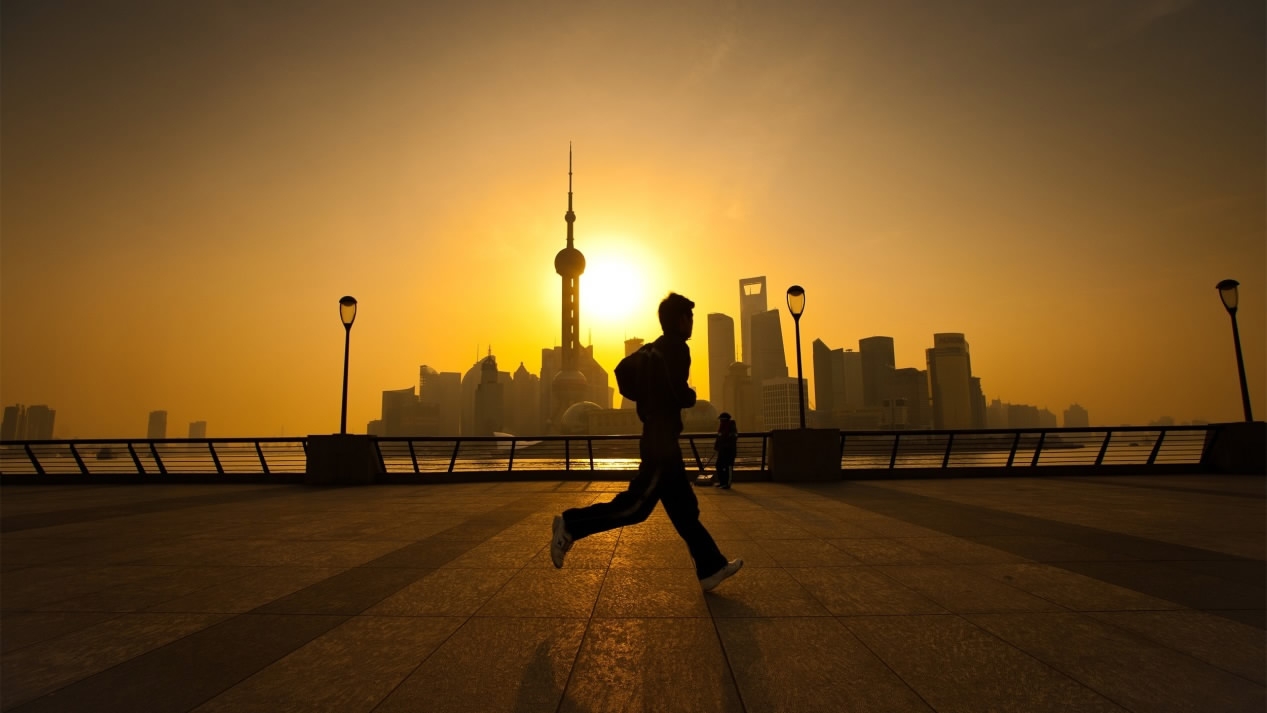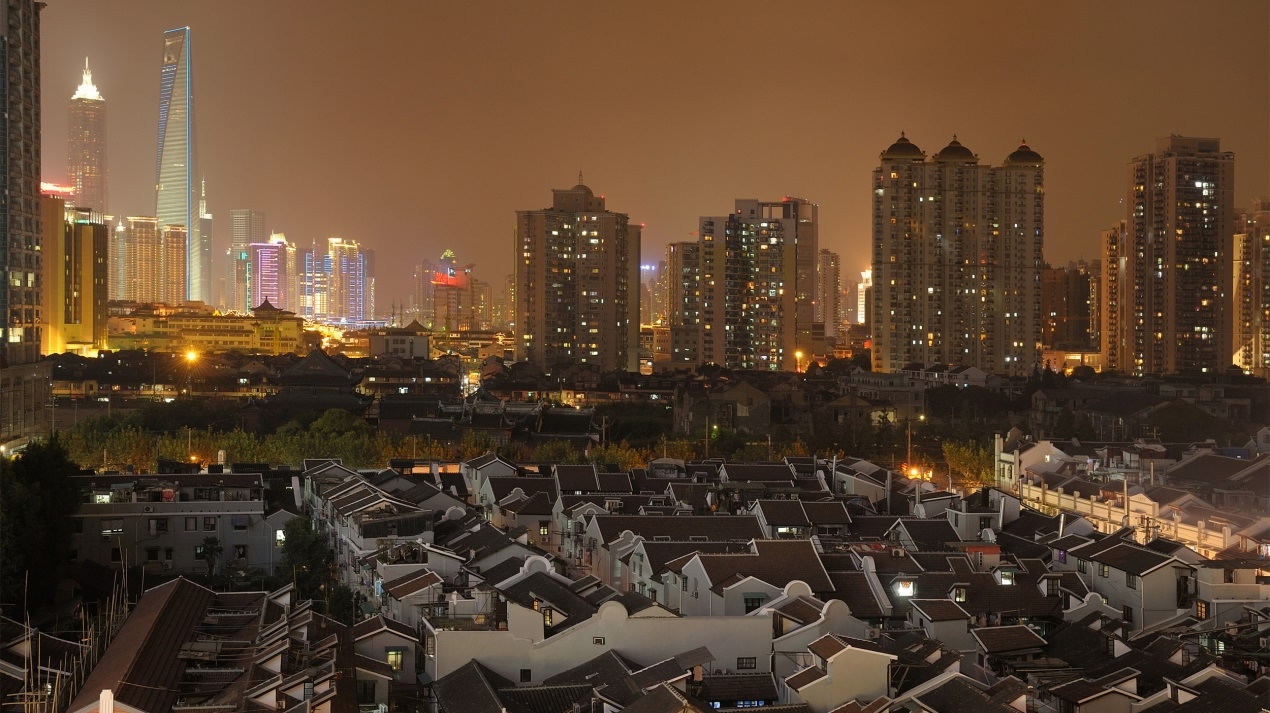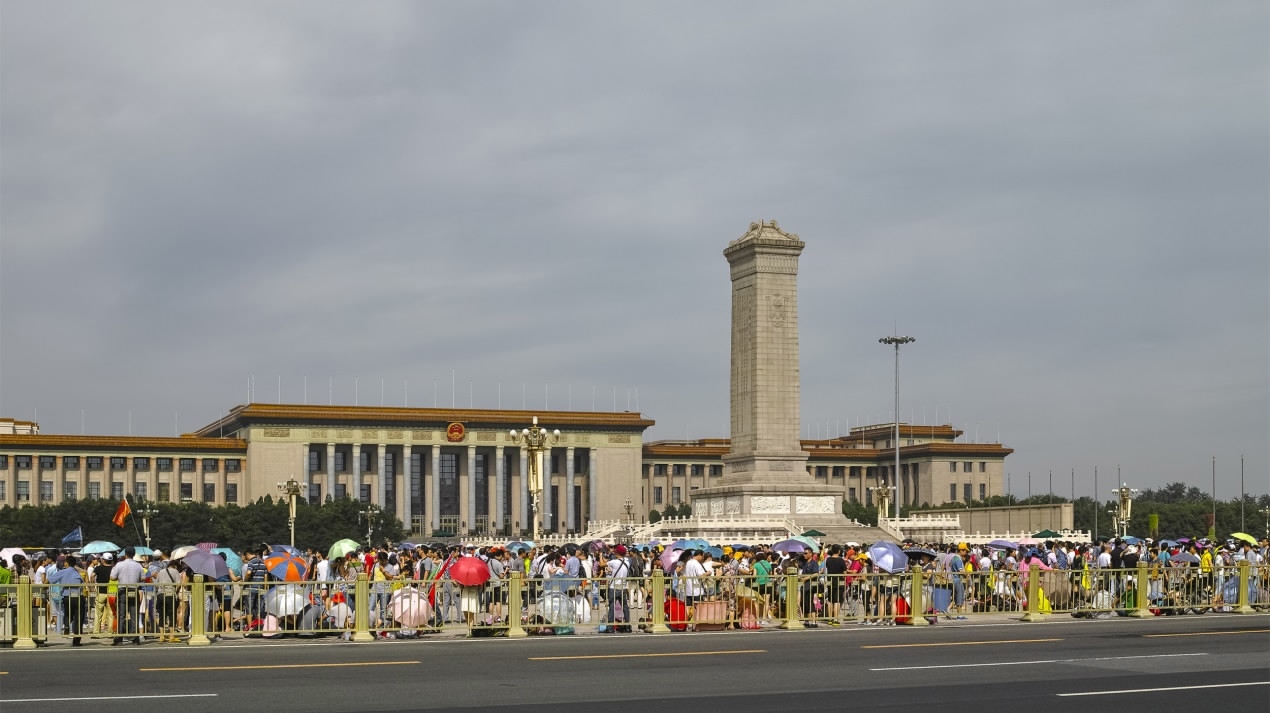
China
20:21, 25-Oct-2017
19th CPC National Congress and China's Politics
By CGTN's Robert Lawrence Kuhn

Highlight 1: China Has Entered in a New Era
The most important idea presented in the 19th CPC National Congress is the theory of “The New Era with Chinese Characteristics.” “How do you see the concept of the new era?” Robert Lawrence Kuhn asked Han Jun, delegate to the 19th CPC National Congress, director of the office of Central Rural Work Leading Group.
“One main clue manifested through the whole report of the 19th CPC National Congress is socialism with Chinese characteristics entering a new era. The soul of the report is socialism with Chinese characteristics in the new era proposed by Xi Jinping. Moreover, a new principal contradiction was raised. Based on that judgment, a new strategic deployment was made regarding the building of a modern socialist country in an all-around way, and higher requirements were made for Party-building. With a clear main clue, interconnected and progressing step by step, the report proves to be an effective guide to the Party and national causes.”

A man jogging during sunrise in Shanghai / CGTN Picture
A man jogging during sunrise in Shanghai / CGTN Picture
Highlight2: New Principal Contradictions in the New Era
Xi Jinping’s report to the 19th CPC National Congress imaged a great deal of China’s achievement over this last five years. He also talks about the contradictions in Chinese society between the People’s growing demands for material, cultural and spiritual needs and the challenges that Party has to deliver them. However, how to see some of the contradictions and how would the Party deal with these challenges? Qu Qingshan, delegate to the 19th CPC National Congress, Chairman of Party History Research Center of CPC Central Committee, shared his ideas with our host Robert Lawrence Kuhn:
“On the one hand, China’s social production has seen a dramatic increase. 'Backward production' is no longer a suitable description. On the other hand, people’s ever growing needs not only include material aspects, such as food and shelter, but also spiritual, domestic, and legal pursuits, as well as ecological and environmental concerns. People’s needs are varied at multiple levels.”

Old vs. Modern Shanghai / CGTN Picture
Old vs. Modern Shanghai / CGTN Picture
Highlight3: A Different Way of Checks and Balances of Power
Every people recognized that the power, vision and commitment of Xi to institute the anti-corruption campaign and strictly governing the Party and by that the overall governance of China. The concern is that being done by individuals who have the power to do it. And that the institutional mechanisms that would enable that to continue, no matter who is in power, is weak in China. And so the dependency of China is on the quality and the power of the current leader without recognizes. Our host Robert Lawrence Kuhn raised questions to Zhou Shuchun, editor-in-chief of the China Daily, “how to transform that into a system and Xi’s words you have 'power contain in the cage rule of law institutions' and how does this transition occur?”

People at Tian'anmen Square, Beijing, China / CGTN Picture
People at Tian'anmen Square, Beijing, China / CGTN Picture
“I think China is trying to explore a different way of checks and balances of power. The Communist Party of China is the governing Party, leadership, so in the sense, the Party has to be the opposite of itself, the self-purification, self-improvement and self-enhancement out of the Party. And this is what had happened in the past five years, for example about reform and the rule of law. There is the idea of modernization of governance on the part of the Party and the country. This is the purpose of reform and its assets of the rule of law. The President, the general secretary, has been talking about the past five years that is the idea of modernizing the governance of the Party and the country and this is something new. That is the idea of modernization of governance on the part of the Party and the country that is the building of the institutions rather than the role of individuals. Anyway, I think you always have the combination of the individuals on one hand and the mechanism on the other. It’s like the market economy. You can’t depend on the invisible hand alone you have to have the visible hand on the other hand. Otherwise, you have problems just like what we saw in the financial crisis in the first decades of the session.”

SITEMAP
Copyright © 2018 CGTN. Beijing ICP prepared NO.16065310-3
Copyright © 2018 CGTN. Beijing ICP prepared NO.16065310-3